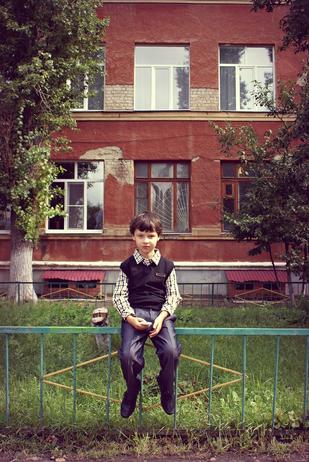A Guide to Day vs. Boarding School: Which Is Right for Your Family?
Choosing the right private school is a major decision—it influences not only your child’s education but your family’s daily life, finances, and long-term goals. One of the most important choices is whether to enroll in a day school or a boarding school.
Both models offer outstanding academics and personalized attention, but they differ in structure, lifestyle, and the independence they foster. Understanding these differences can help you make the best decision for your family.
What Is a Day School?
Day schools are private institutions where students attend during the day and return home in the evening. They can be coeducational or single-sex, secular or religious, and span from preschool through grade 12.
Key Benefits
Daily family interaction. Students live at home, allowing for close involvement in family routines and values.
Lower cost. Without room and board, day schools are typically less expensive than boarding schools.
Local convenience. Students remain connected to community activities, friendships, and extracurriculars.
Considerations
Limited after-school supervision. Parents often manage homework, time, and transportation.
Less immersion. Students may not experience as much of the school community culture outside of regular hours.
For comparison with local options, parents may explore private schools in Florida or private schools in Texas to see how day school opportunities differ by region.
What Is a Boarding School?
Boarding schools provide a full-time residential experience during the academic year. Many offer 5-day or 7-day boarding and welcome students from across the country and beyond.
Key Benefits
Built-in structure and independence. Students develop time management, responsibility, and discipline within a supportive environment.
Immersive academic culture. Learning continues beyond classes via evening study halls, faculty-led dorm discussions, and weekend activities.
Diverse, global peer group. Students benefit from exposure to varied backgrounds and perspectives.
Considerations
Distance from home. Families need to plan for fewer daily interactions and more structured communication.
Higher tuition. Boarding is costlier, though financial aid is often available.
Readiness for independence. Not all students are emotionally prepared for residential life at a young age.
For detailed guidance, refer to our comprehensive overview on boarding school versus day school.
Comparing Day and Boarding School at a Glance
| Feature | Day School | Boarding School |
| Daily Routine | Student returns home each evening | Student lives on campus full-time |
| Parental Involvement | High—parents manage evening routines and support | Moderate—school handles supervision after hours |
| Cost | Typically lower (no room/board) | Higher, but often includes housing and meals |
| Independence | More dependent on family | Supports self-reliance and structured autonomy |
| Social Life | Split between school and local community | Integrated, 24/7 peer community |
| Extracurricular Access | Varies, may require off-campus coordination | Extensive and built into school life |
Key Questions to Ask Yourself
How independent is my child? Are they ready for structured independent living?
What learning environment supports their success—routine or flexibility?
What are our family’s values and priorities—daily interaction or long-term growth?
Which academic and extracurricular programs matter most? Are they available in both settings?
Conclusion:
The Best Choice Is the Best Fit
There’s no one-size-fits-all answer. The right decision depends on your child’s maturity, your family’s lifestyle, and the school culture where your child will thrive.
Day schools offer consistency, flexibility, and familial connection.
Boarding schools provide immersion, independence, and a strong support network.
By reflecting on your family’s needs, visiting both types of schools, and evaluating how your child learns and grows, you’ll discover the environment where they can excel academically, socially, and emotionally.















